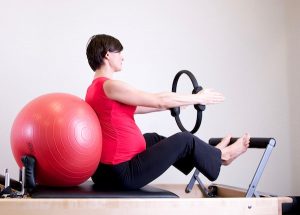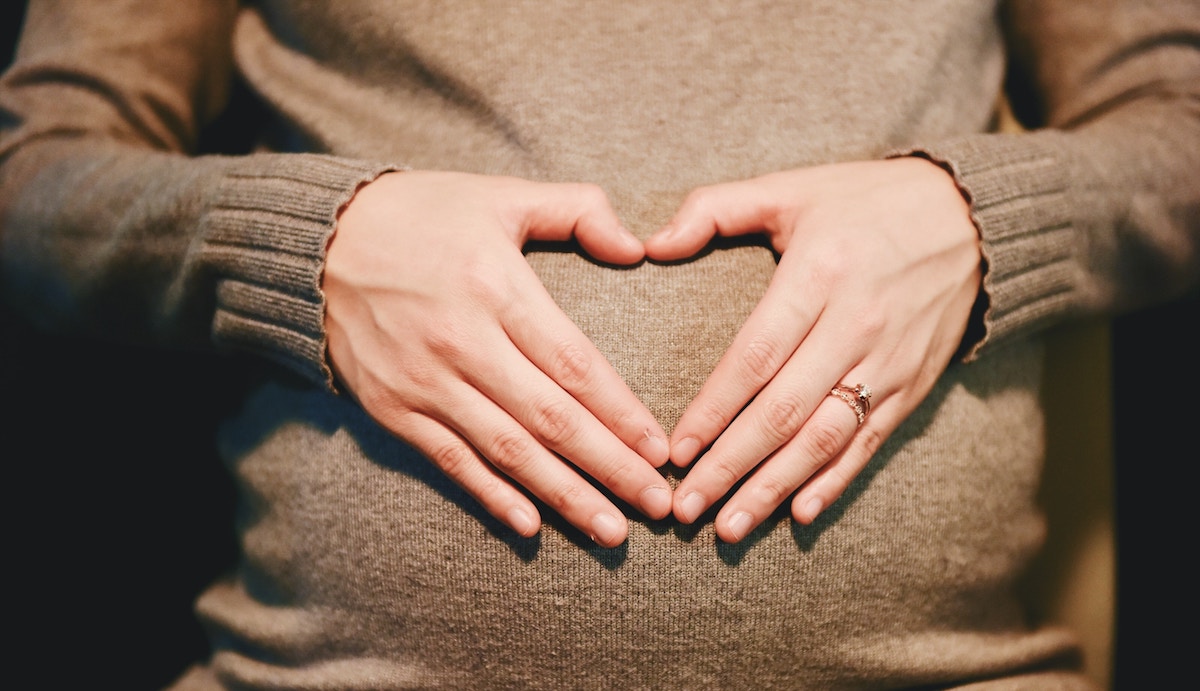How can physiotherapy help during pregnancy?
Pregnancy is an amazing time, but it also tends to lead to some pretty significant changes to your body! Physiotherapy can help through all stages of pregnancy, from treating aches and pains to providing exercises and advice to aid in recovery.
PRE-NATAL
It’s never too early to start working on your posture and core muscles, including your pelvic floor. The pelvic floor muscles are stressed during pregnancy, even if you have a caesarean birth. Your physio can assist you with pelvic floor and core strength exercises to help prepare your body for pregnancy and help prevent incontinence during and after pregnancy.
FIRST TRIMESTER
During the first trimester your body is getting used to many new hormones. You might be feeling great, but you might also be feeling tired and nauseous. It’s important to listen to your body and be kind to yourself during this stage of pregnancy. Gentle exercise such as walking, Pilates and yoga can be beneficial, but if you feel too exhausted then let your body rest. It is not recommended to start a new type of high intensity exercise that you have never done before, such as running or weight lifting.
If you haven’t already, this is the perfect time to start your pelvic floor exercises.
SECOND TRIMESTER

During the second trimester your body generally gets more used to the changing hormones and this is often said to be the most comfortable trimester. From week 16-20 it is recommended that you avoid lying on your back if possible as this can place extra pressure on the vein suppling the blood to you and the baby. If you find you wake up on your back, gently roll onto your side and try to get back to sleep.
Continue gentle to moderate exercise during this trimester. Light weights can help to build muscle strength in both arms and legs, which will come in handy when bub arrives!
THIRD TRIMESTER
Your body releases more of the hormone called relaxin during the third trimester. This is to prepare your joints for childbirth. The downside of this hormone is that all your joints become a bit more stretchy. Aches and pains may start to hurt in your neck, around your lower back and pelvis or other joints. Our physiotherapists are here to help so don’t suffer in silence. A heat pack at home can also help reduce those aches and pains.
Your stomach muscles may also start to separate due to the size of your baby. This is called rectus diastasis. Your physiotherapist can assess this now and again after birth and advise you of appropriate abdominal exercises.
Walking can become difficult especially if you have put on weight or are carrying twins. Swimming is a great form of exercise for the third trimester. If possible, try to find a pool with a ramp rather than a ladder to get in and out with.
Leg strength is important for labour. Wall squats are a simple home exercise that you can perform daily. Start with 10 second holds and build up your endurance as able. Breathing exercises can also help prepare you for labour.
POST-NATAL

The hormone relaxin stays in your body for at least 3 months post birth. This means you need to be careful when lifting and returning to exercise. If you’ve had a caesarean then you need to be extra careful in the first 6 weeks. Pelvic floor and deep abdominal muscle exercises can be started early under the guidance of your physiotherapist.
Other common problems in the post-natal period include neck and shoulder pain from feeding and carrying baby, carpal tunnel, thumb pain and pelvic floor incontinence. See your physiotherapist as soon as possible to ensure an accurate diagnosis and management plan.
Please call or book online to see one of our Physiotherapists.
This post was written by Lucy Beumer, Sports and Exercise Physiotherapist and Clinical Pilates Instructor at Stafford Physiotherapy Centre.

